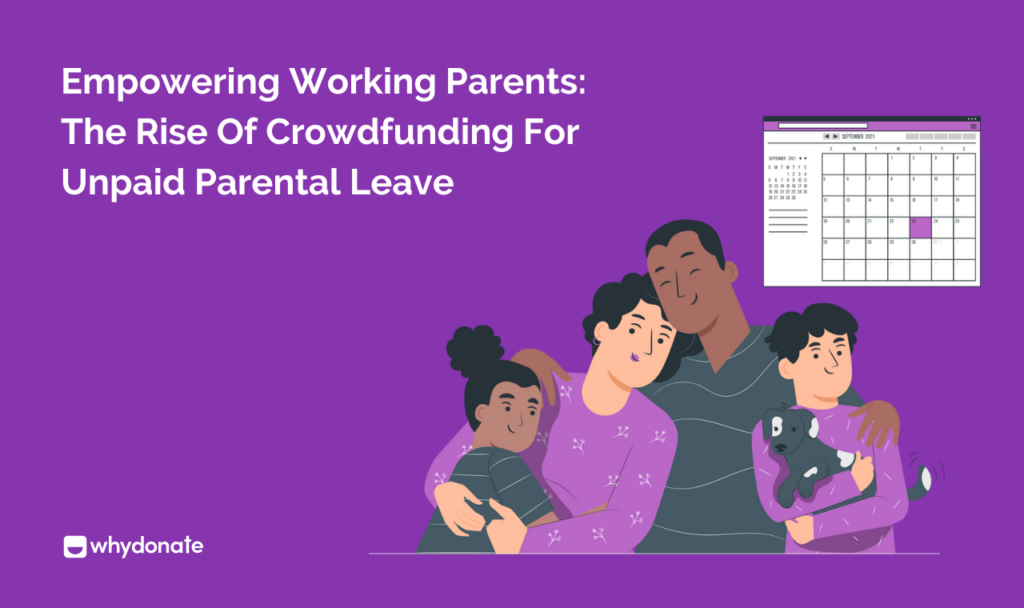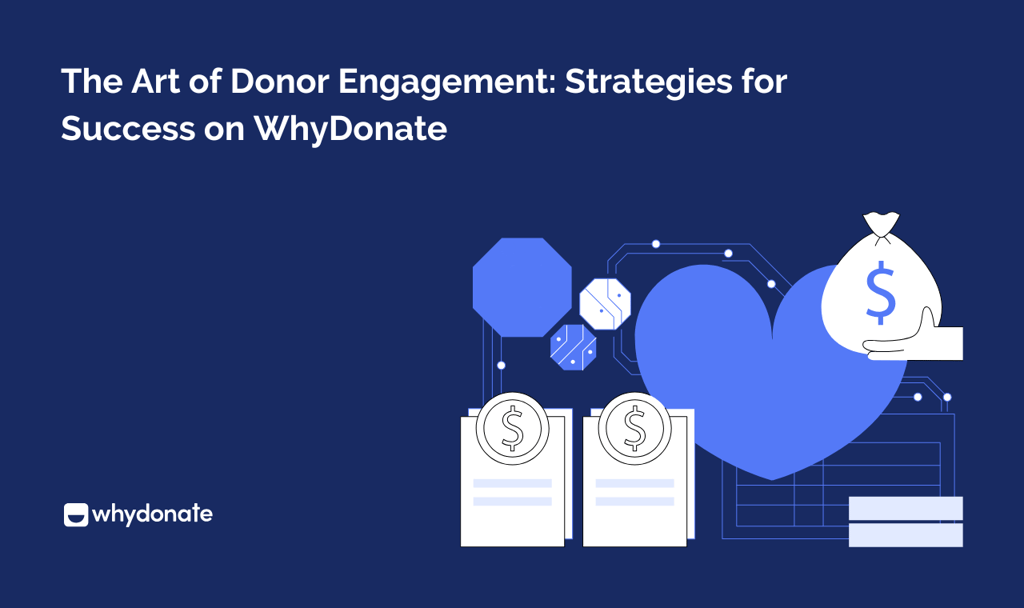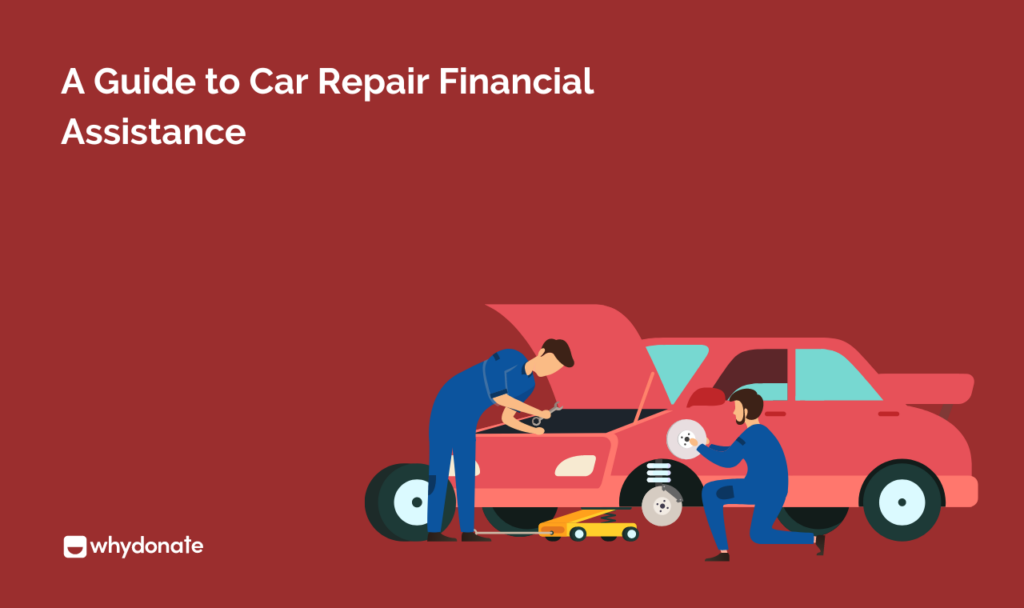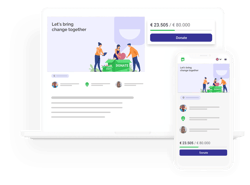Table of Contents
What Is Unpaid Parental Leave?
Parental leave is a crucial time for new parents to bond with their children and adjust to the demands of parenthood. However, not all parents have the luxury of taking paid time off work during this period. Unpaid parental leave refers to the time off that working parents can take care of their child without receiving a salary or income from their employer. This type of leave is typically granted by law, but the terms and conditions may vary depending on the country and employment regulations.
The Importance Of Paid Parental Leave
Paid parental leave plays a vital role in supporting working parents and ensuring the well-being of their children. It allows parents to spend quality time with their newborns, establish a strong bond, and provide the care and attention necessary for their development. Research has shown that parental involvement during the early years of a child’s life has significant long-term benefits, including improved cognitive and emotional development, higher academic achievement, and better overall health outcomes. Paid parental leave gives parents the opportunity to be actively involved in their child’s life during this critical period.
Support Working Parents on Their Unpaid Parental Leave Journey! Start Fundraising Now!

Understanding Parental Leave Rights
Parental leave rights vary across countries, and it’s essential for working parents to understand their entitlements. In the United Kingdom, for example, eligible employees are entitled to take up to 18 weeks of unpaid parental leave for each child up to their 18th birthday. However, there are specific criteria that must be met, such as having at least one year of continuous service with the employer. It’s essential for working parents to familiarise themselves with the specific laws and regulations in their country to ensure they can make informed decisions about taking unpaid parental leave.
Challenges Faced By Working Parents
Despite the importance of unpaid parental leave, many working parents face significant challenges when it comes to taking time off work to care for their children. Financial constraints are a major obstacle, as taking unpaid leave means a loss of income for the duration of the leave. This can strain the family’s finances and create additional stress for parents. Moreover, some employers may need to be more supportive and understanding of the need for parental leave, leading to concerns about job security and potential career setbacks. These challenges can make it difficult for working parents to prioritize their family’s needs and make the most of their unpaid parental leave.
The Rise Of Crowdfunding For Unpaid Parental Leave
To address the financial challenges faced by working parents, crowdfunding has emerged as a powerful tool for raising funds to support unpaid parental leave. Crowdfunding platforms allow individuals to create campaigns and share their stories, seeking financial contributions from friends, family, and even strangers who resonate with their cause. This innovative approach has gained popularity recently, providing a lifeline for working parents who would otherwise struggle to afford unpaid parental leave. It has also sparked conversations around the importance of supporting working parents and the need for more comprehensive policies and benefits.
How Crowdfunding For Unpaid Parental Leave Works
Crowdfunding for unpaid parental leave operates on the principle of collective support and empathy. Parents create a campaign on a crowdfunding platform, sharing their stories, their need for unpaid leave, and the financial challenges they face. They set a target amount to cover their expenses during the unpaid leave period and contact their networks for support. Friends, family, and even strangers can contribute any amount they are comfortable with, helping the parents achieve their fundraising goal. The funds raised can be used to cover living expenses, childcare costs, or any other necessary expenses during the unpaid parental leave period.
WhyDonate: Right Place To Find Help During Your Unpaid Parental Leave
Unpaid parental leave often comes with financial constraints, as parents are not receiving their regular income during this period. WhyDonate crowdfunding platform allows couples to create a crowdfunding campaign and reach out to their networks for financial support. Friends, family, and even strangers can contribute to help cover living expenses, childcare costs, and other necessary expenses during the unpaid leave period. WhyDonate provides a platform for couples to share their story and connect with their community. By sharing their journey and the challenges they face, couples can evoke empathy and support from their network.
Creating a crowdfunding campaign on WhyDonate raises awareness about the financial challenges faced by working parents during unpaid parental leave. This can contribute to a broader conversation about parental leave rights and potentially drive change in societal attitudes and policies.
WhyDonate allows couples to personalize their campaign and offer incentives to encourage contributions. They can share updates, photos, and videos to keep their supporters engaged and informed about the progress of their fundraiser.
Overall, WhyDonate provides a powerful platform for couples to seek financial and emotional support during their unpaid parental leave. It empowers them to overcome financial barriers, raise awareness about the challenges they face, and build a community of support around their journey.
Fundraising Strategies For Unpaid Parental Leave
When creating a crowdfunding campaign for unpaid parental leave, it’s essential to employ effective fundraising strategies to maximize the chances of success. Here are some key strategies to consider:
- Compelling storytelling: Share your personal journey and the reasons why unpaid parental leave is crucial for you and your family. Connect with your audience emotionally by highlighting your challenges and the positive impact their support can make.
- Engage your network: Reach out to friends, family, colleagues, and other connections to spread the word about your campaign. Personalize your messages and explain why their support is vital to you.
- Utilise social media: Leverage the power of social media platforms to amplify your campaign’s reach. Share updates, photos, and videos to keep your supporters engaged and informed about your progress.
- Offer incentives: Consider offering incentives to encourage contributions, such as personalized thank-you notes, small gifts, or exclusive updates on your journey. This can create a sense of reciprocity and make supporters feel more connected to your cause.
Resources For Unpaid Parental Leave In The UK
In the United Kingdom, there are resources available to support working parents in navigating unpaid parental leave. The following organizations and websites offer information, advice, and guidance:
- Citizens Advice: Citizens Advice is a free, independent, and confidential service that provides comprehensive information on employment rights, including parental leave entitlements.
- Working Families: Working Families is a charity that supports working parents by providing resources, legal advice, and a helpline to assist with issues related to employment and parenting.
- Maternity Action: Maternity Action is an organization that focuses on the rights and entitlements of pregnant women, new mothers, and fathers. They offer a helpline and online resources covering various aspects of parental leave.

Conclusion
Unpaid parental leave is essential for working parents to bond with their children and provide the care they need. However, the financial challenges associated with unpaid leave can create barriers for many families. The rise of crowdfunding has provided a solution, empowering working parents to seek financial support from their networks and communities. By utilizing effective fundraising strategies and leveraging the power of crowdfunding platforms, working parents can overcome financial hurdles and fully embrace the benefits of unpaid parental leave. It is crucial for society to recognize and support the needs of working parents, ensuring that every child has the opportunity to thrive in a loving and caring environment.
Stand up for the rights of working parents and help create a more supportive society.

















